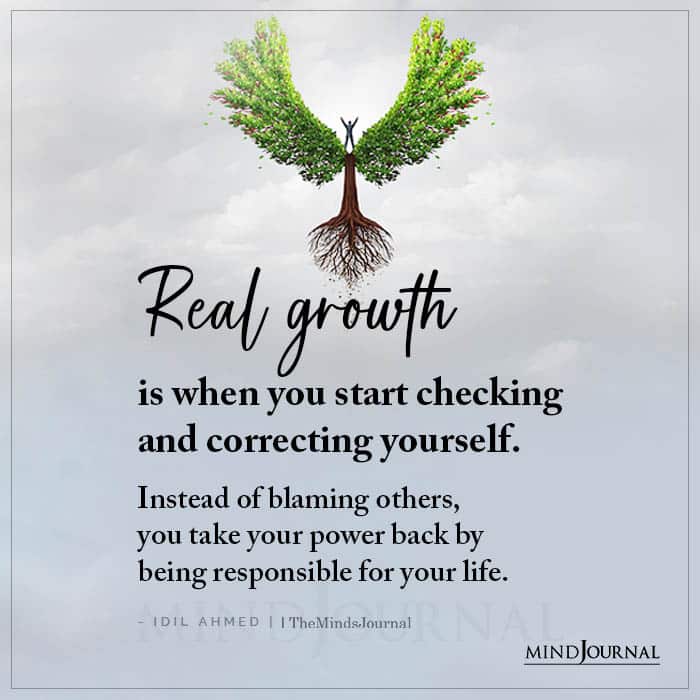Positive thinking nowadays has become all the more essential to leading a healthy life. Here are some of the effective ways you can cultivate positive thinking.
We, as social beings don’t pay as much attention to positivism, then we do to disappointing realities. Some of them are mild, while others are soul-crushing. But we cannot let the negatives outweigh our hopes and aspirations. It is on us whether we choose to live with an emotional burden or look to the bright side.
As spiritual beings, positive thinking is vital to healthy living; both in terms of physical and mental health. We should not only encourage positive thinking but advocate it to our next generations. It is like planting a seed that will eventually yield its fruits in the near future.
Here are 8 Effective Ways You Can Cultivate Positive Thinking
1. Focus On What You Really Want
Most of us become too engaged in fulfilling our societal responsibilities, eventually forgetting who we really are. Our passions go latent in our subconscious mind, and we never get the opportunity to resurface them. There’s a difference between what we are obliged to do, and what we really want. This difference remains mostly unrecognized throughout, and we are deluded into doing things that we never wanted.
We should always focus on doing things that actually matter. It is one of the biggest ways to cultivate positive thinking.
Related: Buddha Quotes To Rejuvenate You With Positivity
2. There’s Always Something We Can Learn From A Problem
Things don’t happen just like that. No matter how coincidental things appear, they always come with a lesson. This lesson can be of very little significance or life-changing.
But there’s always something to take away from it. This happens because everything is interrelated. Our actions determine our outcomes. If our actions are wrong, then the outcomes are equally unwelcoming.

But there’s always something to take away from. This happens because everything is interrelated. Our actions determine our outcome. If our actions are wrong, then the outcomes are equally unwelcoming.
So, instead of whining about the problem, try fixing things with positive thinking, and take away whatever lesson it is trying to convey.
3. Things Are Not As Worse As You Think They Are
Our mind tends to amplify events. Especially the negative ones. Whenever we’re faced with an unwanted situation, we make it seem big and start dreading the outcome. But in reality, things are never that bad. Instead of imagining things, we should learn to analyze the real situation. When you do that, you’ll find that things weren’t that bad after all.
It is always overthinking and over-analyzing that makes us see things in a worsened state. With positive thinking, you’ll be able to see opportunities even in complicated circumstances.
4. Be Thankful For Everything
We always complain about our lives and the things that happen around us, but never really feel thankful for every bit of positivism that life has given us. This leads to stress and anxiety and pessimism.

If we just take a moment and focus on things around us, we will find that there are much more positives than we think there are. The more you become thankful to things, the more you’ll find other things to be thankful for and that’s how you cultivate positive thinking.
Related: 12 Plants Capable of Creating Positive Energy in Your Home!
5. Know That Everything Happens For A Reason
The world is a cauldron of events. Some are positive, while others are unwanted. Whatever the nature of the event, things don’t happen without a reason.
While randomness has its own place in the fabric of events, there’s always a ‘why’ attached to everything. And as unrealistic as it may sound, the reason is always positive. Things could have been worse
Whatever happens, happens for a reason, for good. You faster you realize this, the faster you’ll achieve an outlook of positivism. Eventually, you’ll cultivate positive thinking.
6. Stop Striving For Perfection
There’s an ancient aphorism that says “dead things are perfect, imperfection is embraced by the living.” There’s a subtle truth to this if you carefully observe. Perfection kills growth and prevents positive thinking. And living things are designed to grow and flourish.
Related: 10 Signs You’re A Perfectionist and How To Overcome

Look at the stone. It doesn’t grow, it is perfect, it is dead. Look at the flower. It grows, it is imperfect but alive. If you strive for perfection and think that one day you’re going to reach your goal, you’re gravely mistaken.
You need to realize that this only brings disappointment and misery. You are a living being, not a dead rock. Try to embrace imperfection. It is one of the keys to positivism.
7. Don’t Resist The Natural Flow
We’re born and brought up in a society that teaches us to doubt our spontaneity. It directs us in building an artificial flow of events that are supposed to boost positive thinking in our lives.
Related: 4 Ways To Deal With Toxic Energy Vampires Who Are Stealing Your Positive Vibes
As a result, we keep resisting the natural flow and try to merge our lives with this mechanistic habit. This leads to compromising on the natural flow that eventually makes us feel unrewarded in the long run.
Sooner or later, we find this method deceiving and harmful to both mental and physical health. So it is always suggested to not resist the inner natural flow. Instead, one should cultivate it and allow it to find its way through spontaneity.
8. Be Present In Everything You Do
The mind tends to hover either in the past or in the future. But never do we truly find it aligned with the present moment. But true happiness is to be found nowhere but in the present.
Related: Can Mindfulness Meditation During Coronavirus Outbreak Keep You Safe?

This moment is all that there is. No future, no past. Whatever you’re doing at this moment, be mindful of it. Don’t let your mind wander in the past or future.
Whatever you do at this moment paves the way for the upcoming future outcomes. Positive thinking and being in the present are crucial paths to maintaining happiness.
What other ways do you cultivate positive thinking? Let me know in the comments.
Related video on how to keep a positive mindset:












Leave a Reply